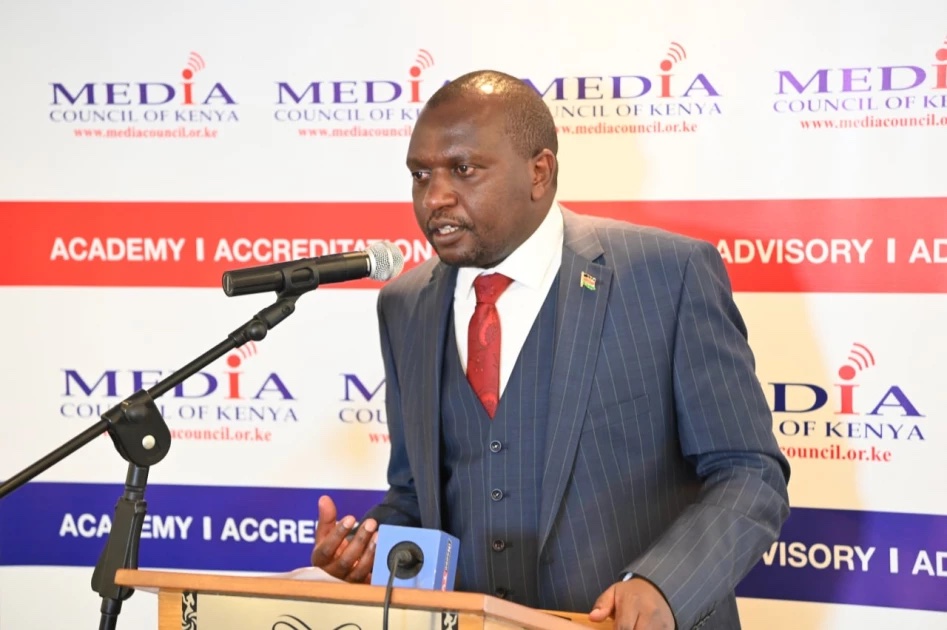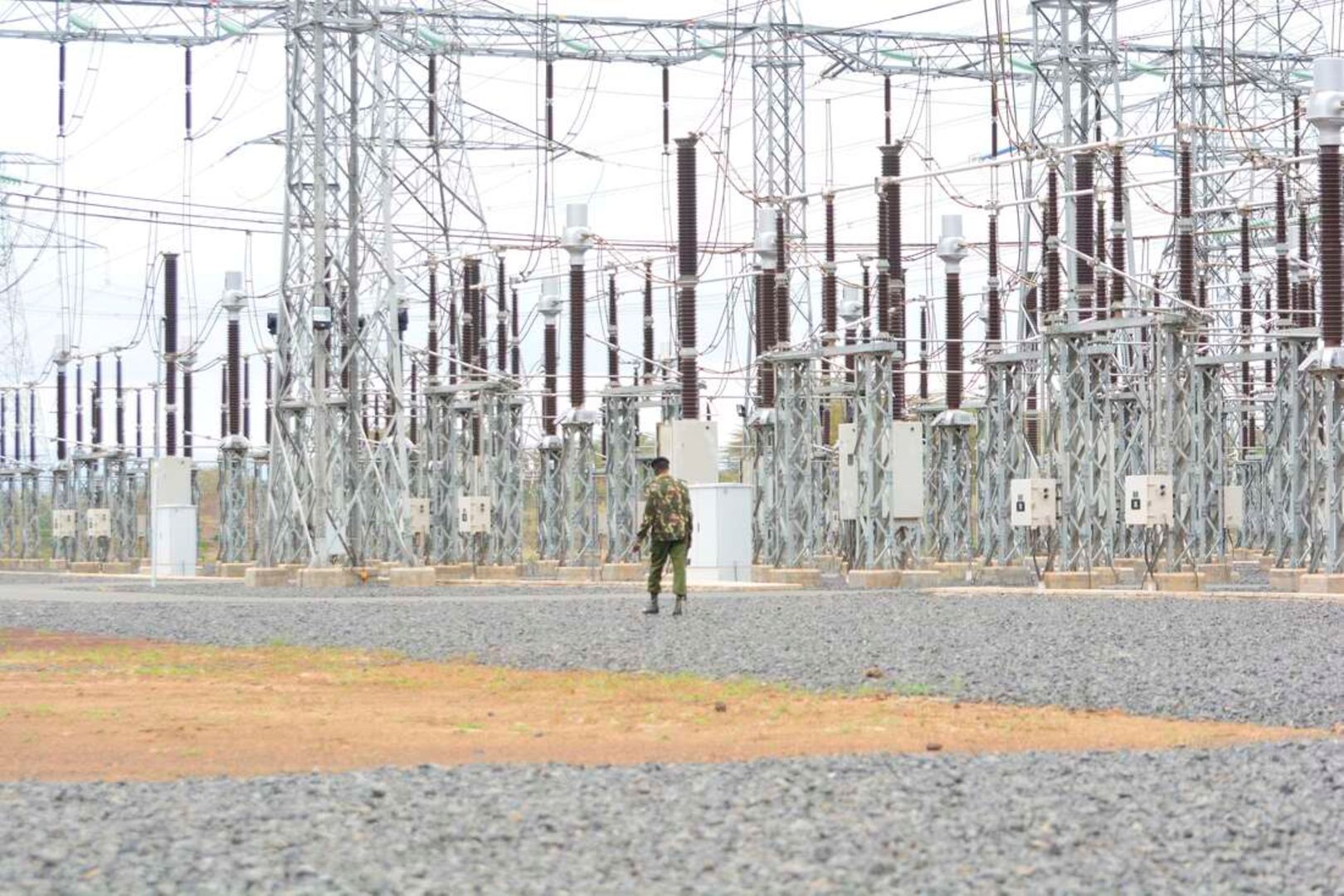Cynthia Mauncho, Head of Communication at Kemri Wellcome Trust, emphasized the media’s crucial role in raising public awareness of scientific breakthroughs. She called for the simplification of scientific language to help journalists craft compelling, accurate stories that contextualize complex research
The Media Council of Kenya (MCK) is calling for greater collaboration between researchers and the media to make scientific knowledge more accessible to the public. At a recent Science Communication Training session held at the Kenya Medical Research Institute (Kemri) offices in Kilifi County, MCK CEO David Omwoyo emphasized the critical role journalists play in translating complex scientific data into clear, relatable narratives for broader understanding.
“Research scientists need to collaborate with the media to improve science reporting and ensure that accurate information is shared with the public in an accessible and timely manner,” Omwoyo said. He further highlighted that such training sessions facilitate productive exchanges of ideas and policy discussions, ultimately enhancing the quality of science journalism.
Omwoyo also urged participants to view the training as an opportunity to build bridges between the scientific community and the public. “It’s essential that research findings and innovations are communicated effectively so that the public can engage with them meaningfully,” he added.
Sophie Uyoga, Acting Deputy Director of Kemri’s Centre for Geographic Medicine Research Coast (CGMRC), echoed this sentiment, advising researchers to adapt their communication strategies to better engage with the general public. “We are used to presenting our work in a very scientific way, focusing heavily on data and facts. However, it’s essential that we communicate science in a way that resonates with the public and fosters understanding,” Dr. Uyoga explained.
Addressing Concerns About Media Sensationalism
While acknowledging researchers’ concerns about the media’s tendency to sensationalize stories, Uyoga encouraged them to see the value in engaging with journalists. “It’s important to report facts backed by evidence to maintain credibility and trust,” she said, urging researchers to see media partnerships as a way to build better public understanding, not just convey technical data.
Cynthia Mauncho, Head of Communication at Kemri Wellcome Trust, emphasized the media’s crucial role in raising public awareness of scientific breakthroughs. She called for the simplification of scientific language to help journalists craft compelling, accurate stories that contextualize complex research. “Journalists are instrumental in helping the public make informed decisions on health, the environment, and evidence-based policy changes,” Mauncho noted.
Maureen Mudi, MCK’s Mombasa Regional Coordinator, reiterated the importance of breaking down complex scientific terminology. “By demystifying scientific jargon, we empower the public with the knowledge they need to understand the role of science in their lives,” Mudi explained. She stressed that this collaboration would enable the public to make informed decisions on key societal issues, from health to environmental sustainability.
The training session highlighted the need for continued collaboration between the media and researchers to improve science communication in Kenya. By working together, scientists and journalists can ensure that research findings reach the public in ways that are both accurate and engaging, helping to build trust and promote informed decision-making across all sectors of society.





